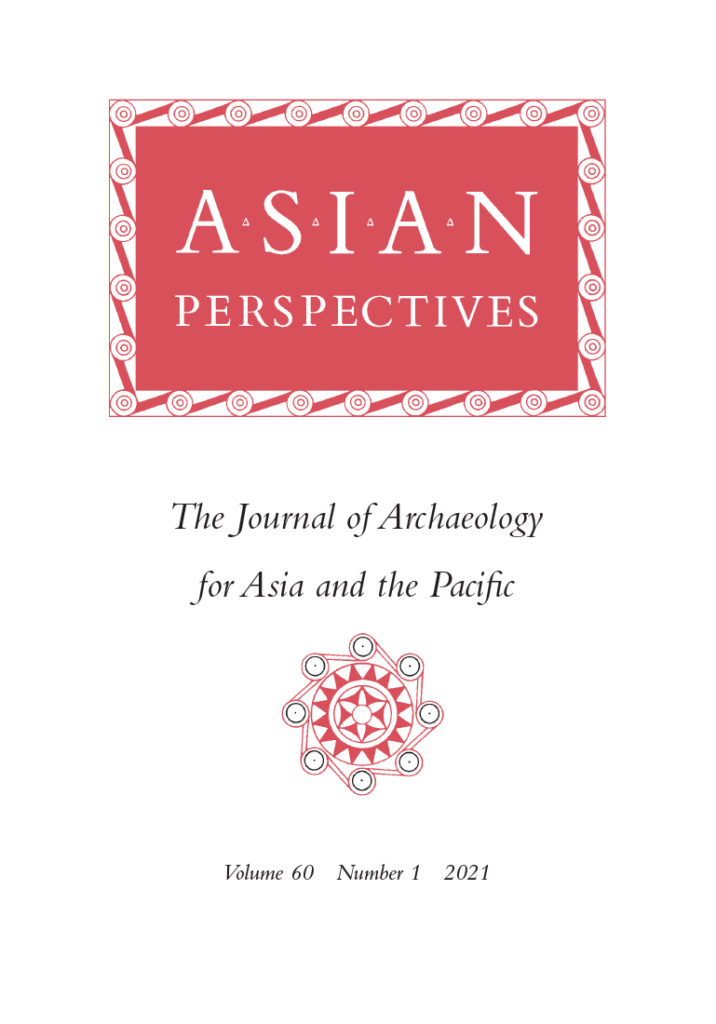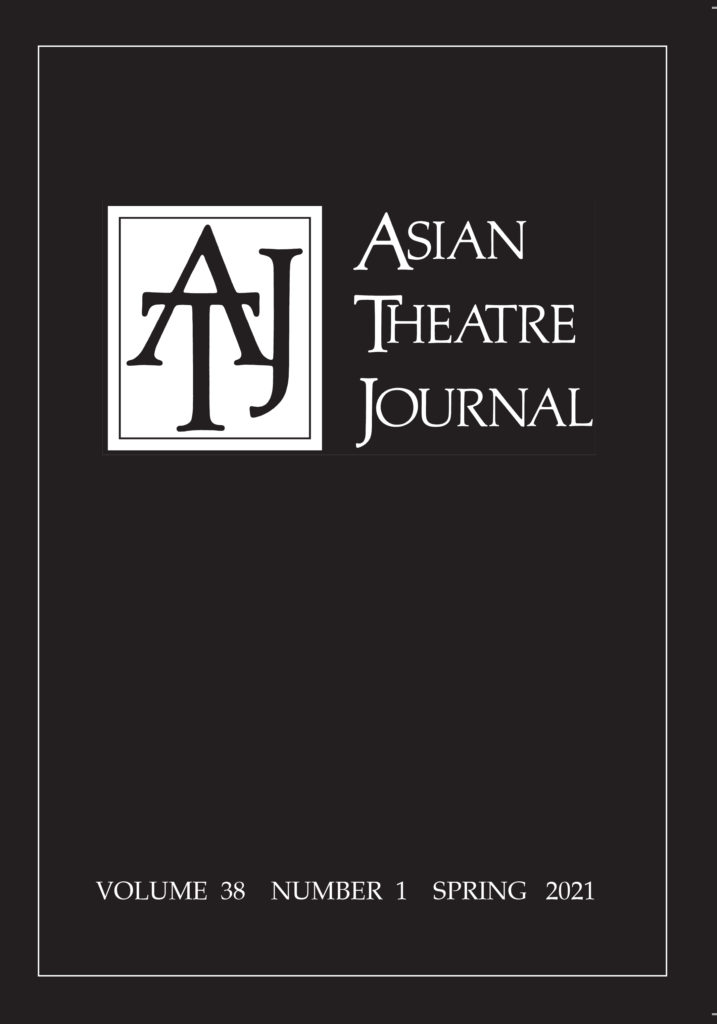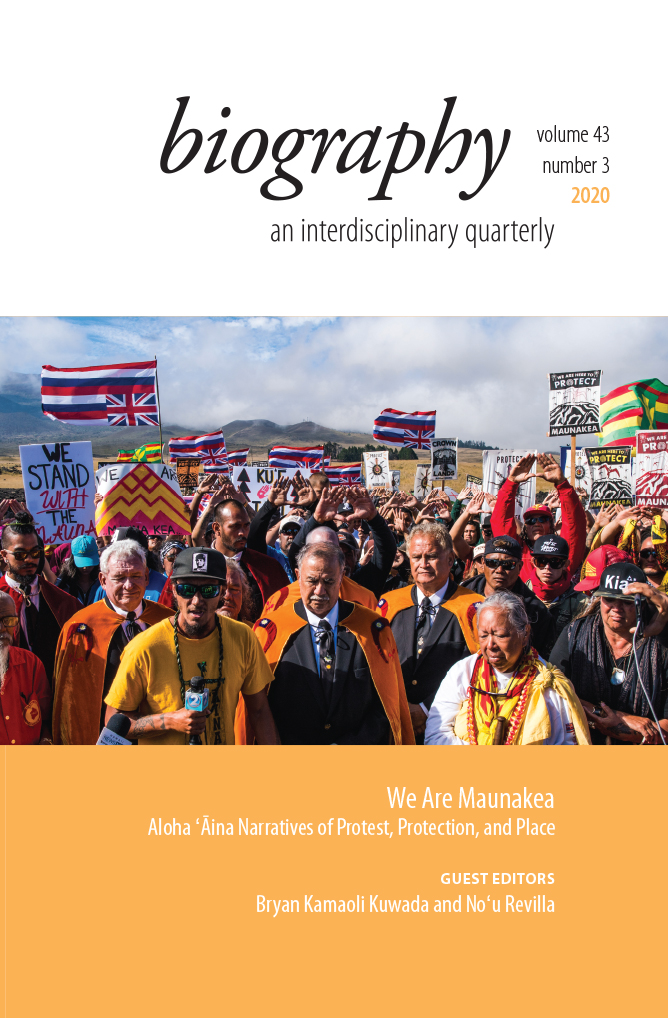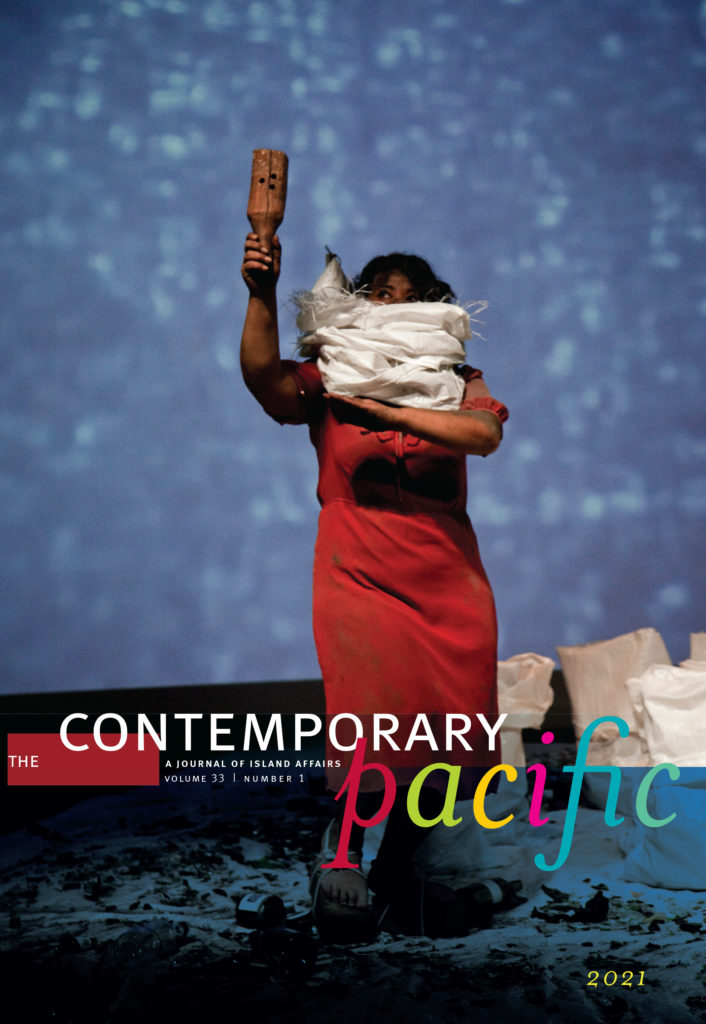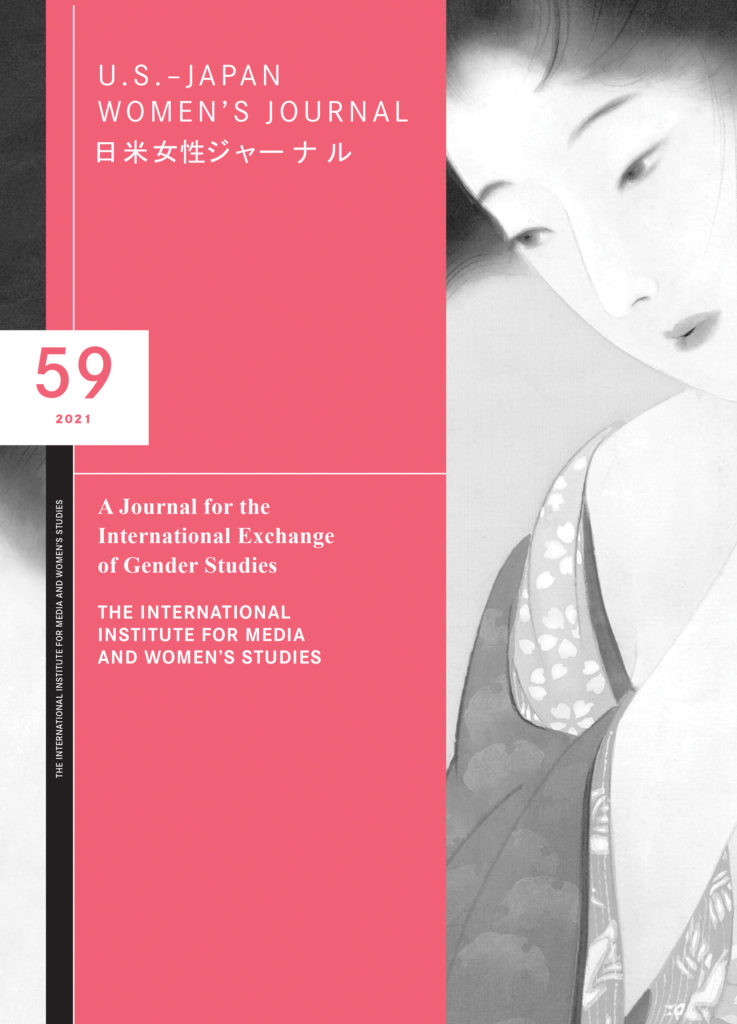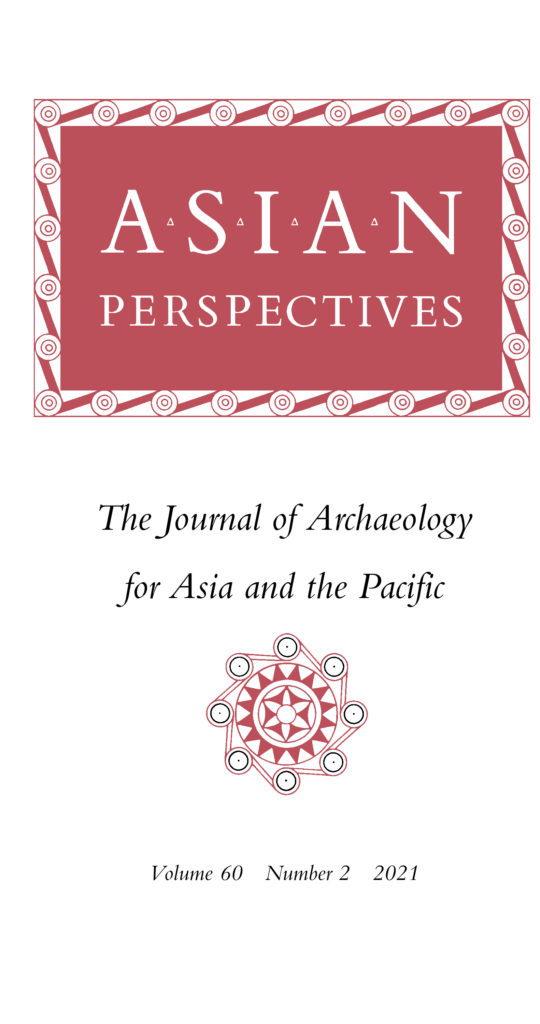
Asian Perspectives
Volume 61, Number 1 (2022)
The new issue includes the following articles and reviews:
Lakheen-Jo-Daro, an Indus Civilization Settlement at Sukkur
in Upper Sindh (Pakistan): A Scrap Copper Hoard and
Human Figurine from a Dated Context
Paolo Biagi and Massimo Vidale
The Hamin Mangha Site: Mass Deaths and Abandonment
of a Late Neolithic Settlement in Northeastern China
Yawei Zhou, Xiaohui Niu, Ping Ji, Yonggang Zhu, Hong Zhu, and
Meng Zhang
Early Metal Age Settlement at the Site of Palemba, Kalumpang,
Karama Valley, West Sulawesi
Anggrreani
Patterns of Mortuary Practice over Millennia in Southern Vanuatu,
South Melanesia
Frédérique Valentin, Wanda Zinger, Alison Fenwick, Stuart Bedford,
James Flexner, Edson Willie, and Takaronga Kuautonga
Find more research articles and reviews at Project MUSE.
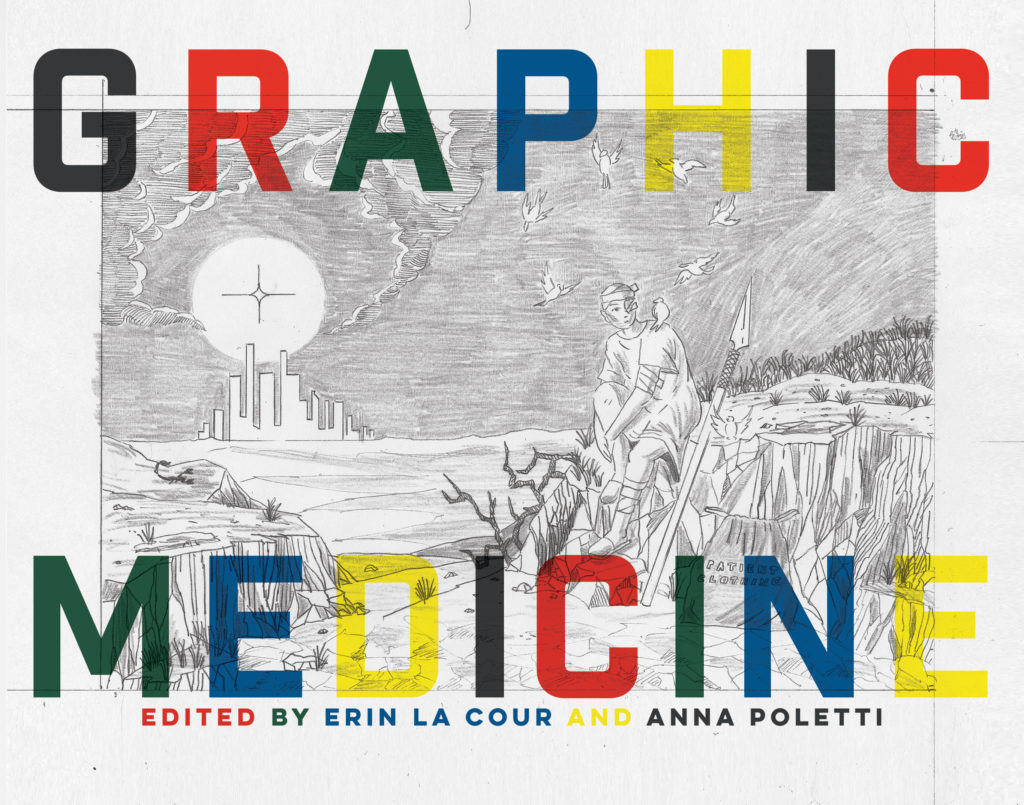
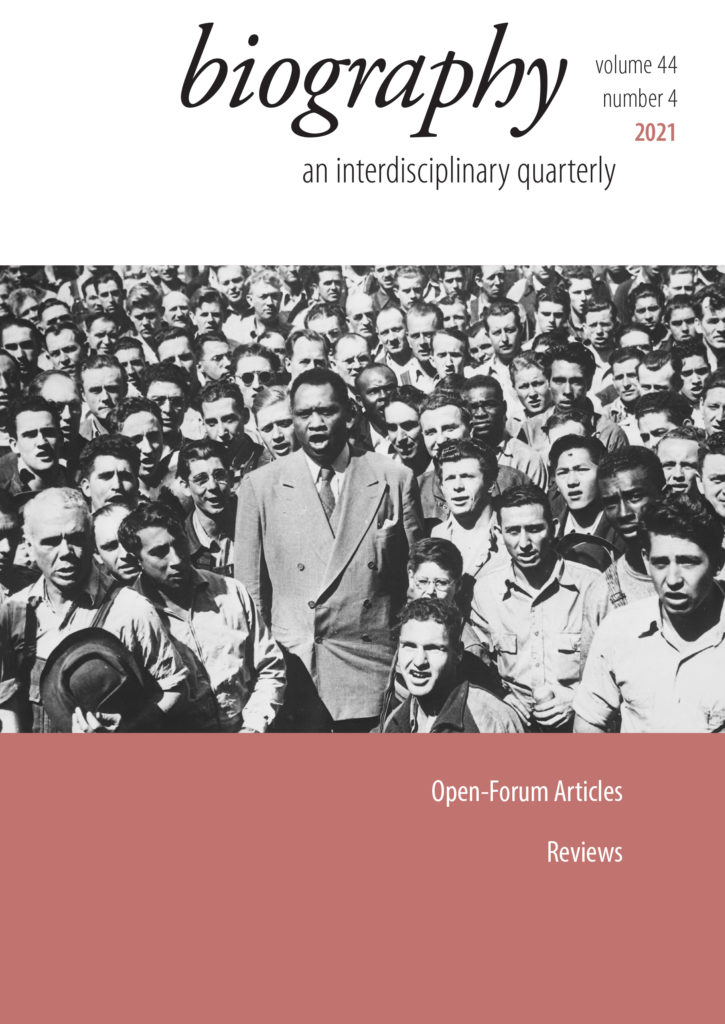
Biography
Volume 44, Issues 2 & 3 (2021)
Special Double Issue: Graphic Medicine
Graphic Medicine’s Possible Futures: Reconsidering Poetics and Reading
Erin La Cour and Anna Poletti
Conflict or Compromise?: An Imagined Conversation
with John Hicklenton and Lindsay Cooper about
Living with Multiple Sclerosis
John Miers
Out of Sync: Chronic Illness, Time, and Comics Memoir
Jared Gardner
Face as Landscape: Refiguring Illness, Disability,
and Disorders in David B.’s Epileptic
Erin La Cour
Graphic Confessions and the Vulnerability Hangover
from Hell
Safdar Ahmed
Drawn to History: Healing, Dementia, and the Armenian
Genocide in the Intertextual Collage of Aliceheimer’s
Crystal Yin Lie
Find more at Project MUSE.
Biography
Volume 44, Issue 4 (2021)
Open Forum Articles
Reviews
Editor Craig Howes embraces this volume as he explains:
“The latest issue of Biography qualifies as special because of its ordinariness. After a four-installment run featuring two special issues, an inaugural Forum, and the Annual Bibliography and International Year in Review, we now return to our regularly scheduled programming. Articles and book reviews—that’s all!
But the table of contents for this issue speaks to what has distinguished Biography for decades as a quarterly. First, the articles. Their geographic, historic, linguistic, and generic range is in keeping with our international and interdisciplinary profile. American celebrity biographies and philosophy, twentieth-century Indian regional autobiography, modernist Austrian psychoanalytic biography, post-WWII German-Romanian autofiction, contemporary Palestinian auto/biographical texts—our pages map out and tell the stories of the field.”
Find more articles and reviews at Project MUSE.
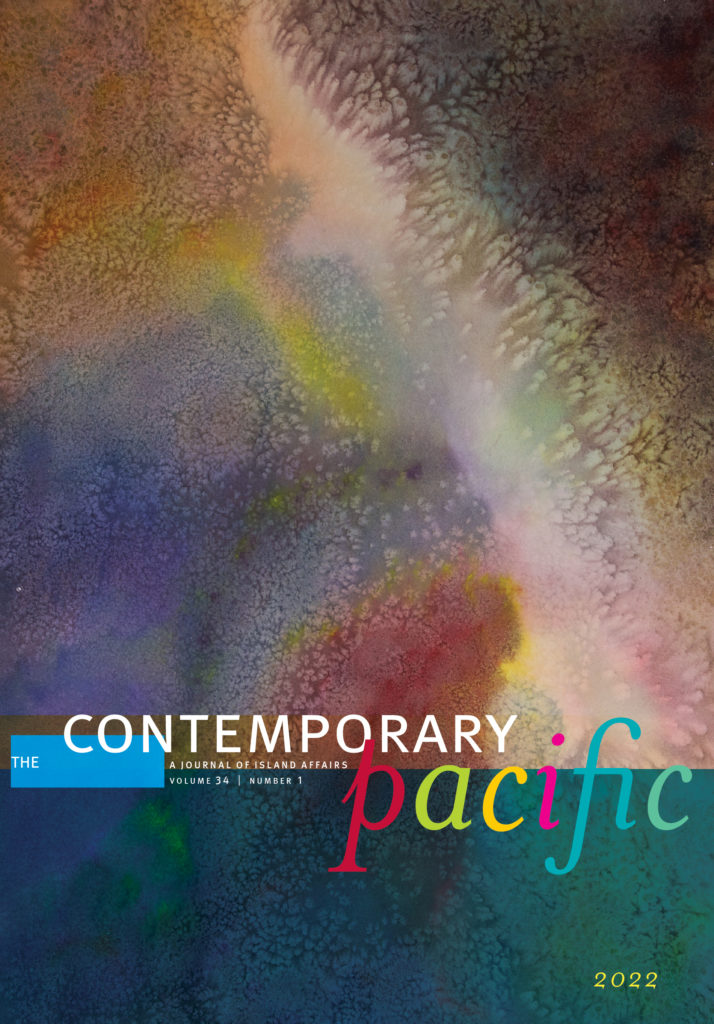
The Contemporary Pacific
Volume 34, Issue 1 (2022)
The new issue includes the following articles, dialogues, political, media, and book reviews.
One Salt Water: The Storied Work of Trans-Indigenous Decolonial Imagining with West Papua
Bonnie Etherington
Making Sartorial Sense of Empire: Contested Meanings
of Aloha Shirt Aesthetics
Christen T Sasaki
The Compensation Page: News Narratives of Public Kinship in Papua New Guinea Print Journalism
Ryan Schram
“We Are So Happy EPF Came”: Transformations of Gender in Port Moresby Schools
Ceridwen Spark and Martha Macintyre
Pacific People Navigating the Sacred Vā to Frame Relational Care: A Conversation between Friends across Space and Time
Silia Pa‘usisi Finau, Mele Katea Paea, and Martyn Reynolds
Find more articles, dialogues, political, media, and book reviews at Project MUSE.
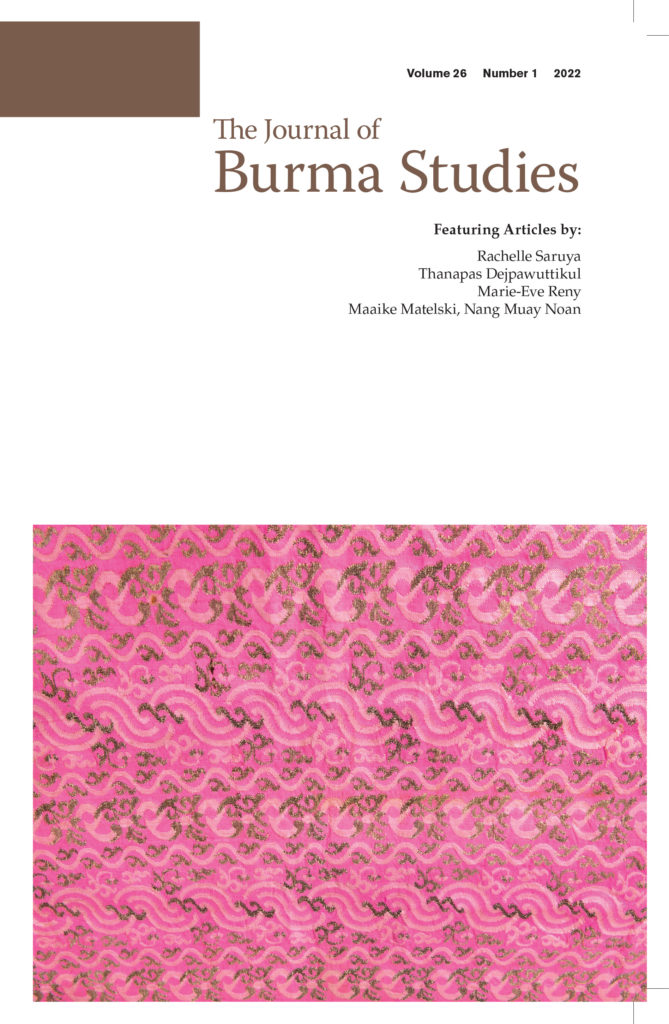
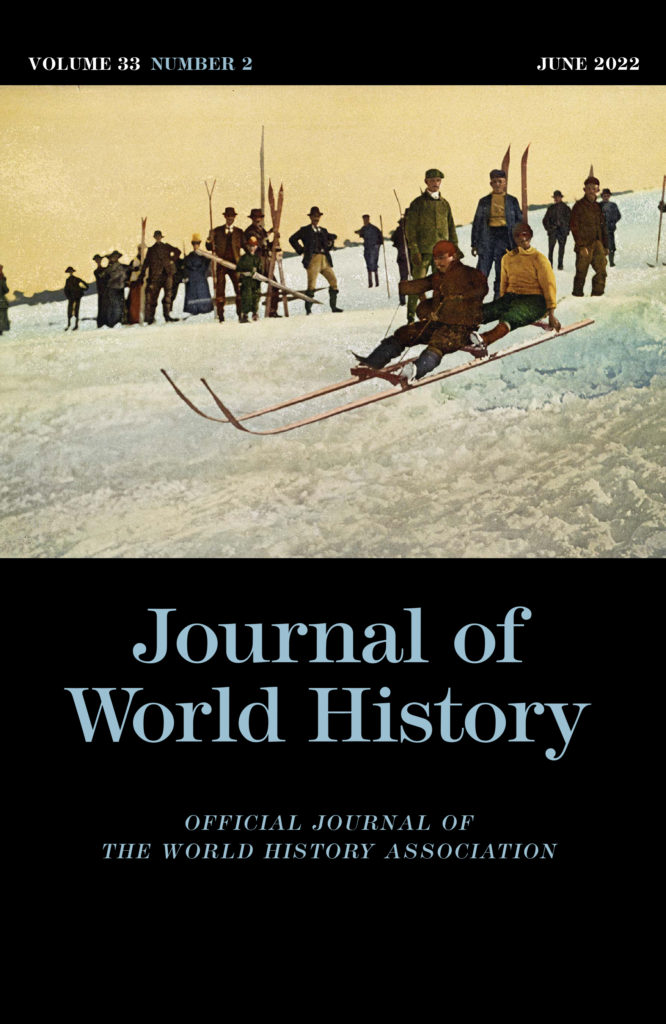
The Journal of Burma Studies
Volume 26, Number 1 (2022)
Ritual and Play in Buddhist Nun-Making: Girlhood,
Nunhood, and the Shaping of the “Little Teacher” in
Today’s Myanmar
Rachelle Saruya
From Archenemy of the Nation to the Intimate
Other: Prince Damrong Rajanubhab’s Journey
through Burma and the Colonial Ecumene
Thanapas Dejpawuttikul
Military Rule with a Weak Army: Myanmar’s
Late Expansion
Marie-Eve Reny
Grassroots Roles and Leadership Aspirations:
The Experiences of Young Ethnic Women in
Myanmar Civil Society Organizations
Maaike Matelski and Nang Muay Noan
Find more captivating articles at Project MUSE.
Journal of World History
Volume 33, Number 2 (June 2022)
The “Material Turn” in World and Global History
Giorgio Riello
From the Atlantic to the Manchu: Taiwan Sugar and the Early Modern World, 1630s–1720s
Guanmian Xu
The Myth of Immobility: Women and Travel in the British Imperial Indian Ocean
Scott Reese
Religion and the Contemporary Phase of Globalization: Insights from a Study of John Paul II’s World Youth Days
Charles Mercier
Find more research articles and reviews at Project MUSE.





